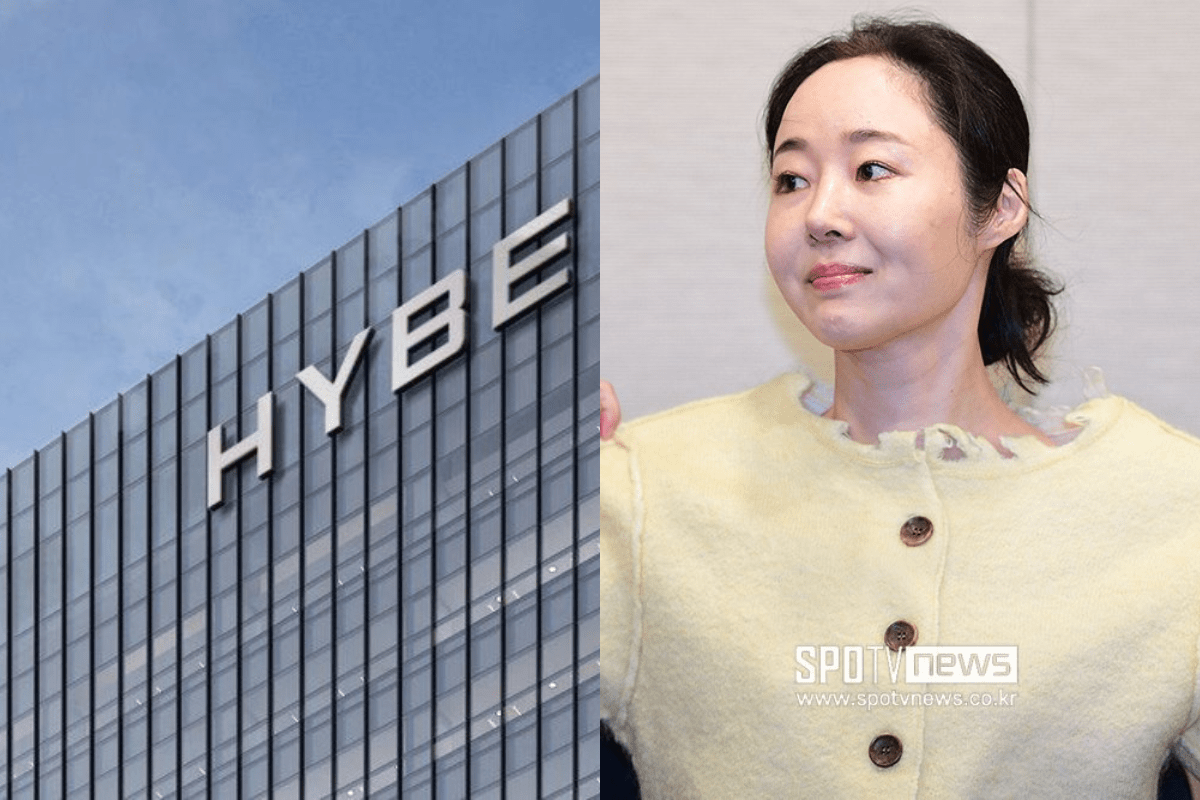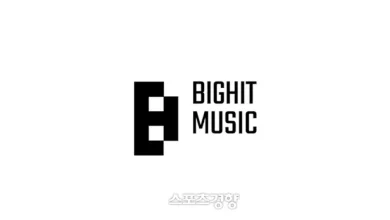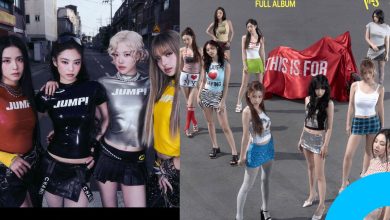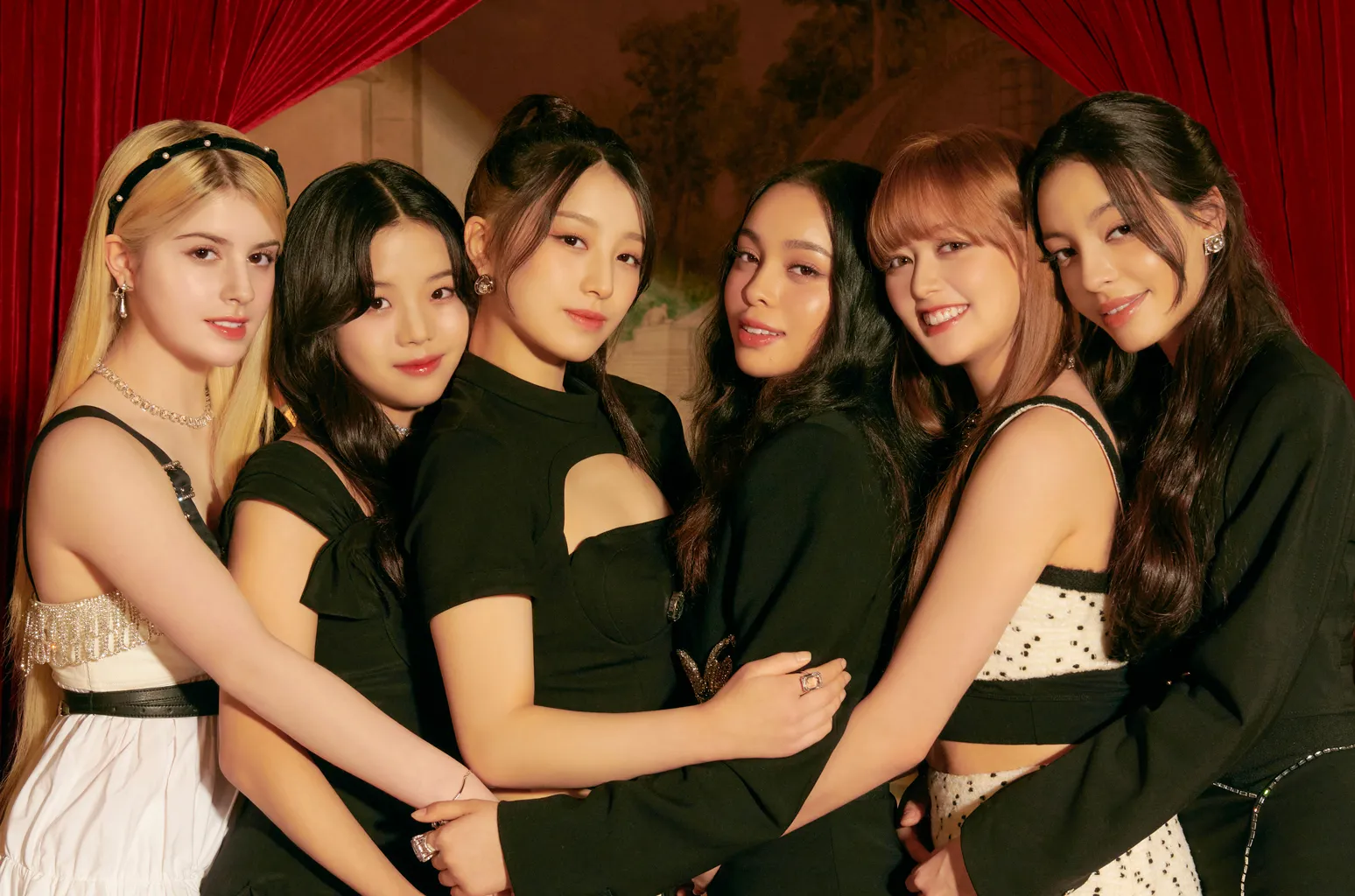
Table of contents
The current situation of K-pop
Last year, South Korea’s music industry generated over 12 trillion won (approx 8.3 billion USD) in revenue, double the 6 trillion won it achieved in 2018. However, when examining the industry itself, criticisms arise that its growth is superficial, lacking true maturity.
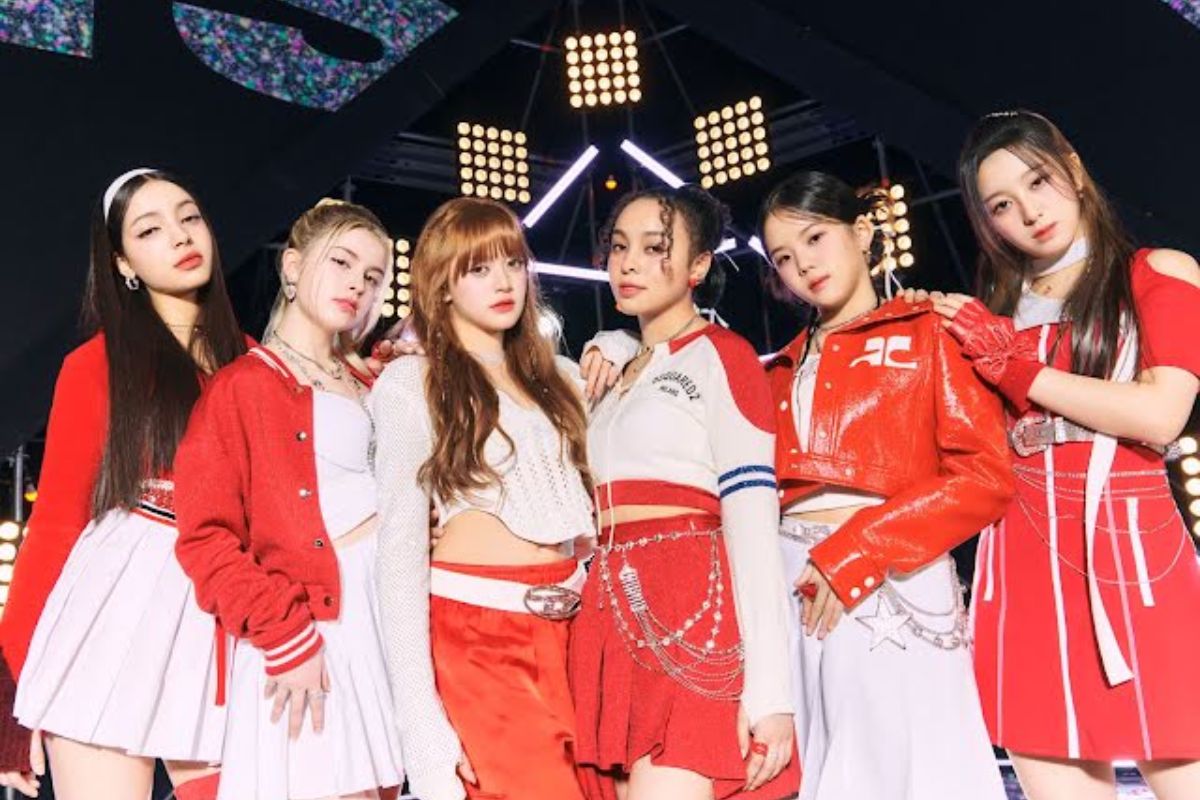
In particular, idol rights issues remain a concern, exploitative practices abound, and the lack of proper venues makes the claim that South Korea is the “home of K-pop” feel hollow.
Below are some notable points made by critics in regards to this industry.
Idol rights issues have been long-standing concerns
While JYP’s US subsidiary refuted the claims as “false and exaggerated,” the allegations have reignited concerns over the persistent human rights issues in the K-pop industry.
At a press conference on November 28, Minji of NewJeans explained the core issue behind the group’s decision to terminate their exclusive contract with ADOR. At the heart of the matter was a breakdown of trust. The situation escalated further when an internal report described the crisis dismissively, stating, “Just scrap New(Jeans) and start anew.”
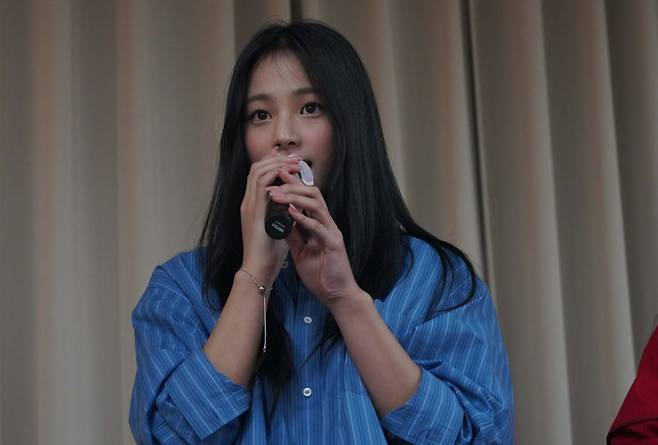
This document, part of HYBE’s “Weekly Music Industry Report,” deeply upset the members, who felt disrespected. The group also highlighted workplace bullying faced by member Hanni as one of the unresolved issues.
Even in an era where K-pop has gone global, idol rights remain under threat. Cases like those of VCHA and NewJeans highlight how idols are still viewed more as products than as people.
Bang Min-soo, a former member of TEENTOP, fiercely criticized the practices of the idol industry, saying, “From the moment an idol debuts, they are controlled and suppressed in every trivial aspect, from work, relationships, and appearance to their social media posts, to avoid creating controversy.”

KG of VCHA also took to social media, stating that despite intense work demands and severe restrictions on personal life, she has accumulated enormous debt while barely receiving any pay, calling this a deeply entrenched issue in the K-pop industry.
Normalization of inhumane practices
HYBE’s idol document, which was shared among HYBE executives and leaders, was filled with disparaging remarks. These remarks targeted even underage idols, drawing widespread criticism.
HYBE issued a public apology and announced that it would cease the creation of such documents. However, the backlash persists. A national petition calling for a thorough investigation into the document surpassed 50,000 signatures on December 13, requiring formal review by the National Assembly’s relevant committee.
Experts attribute these issues to the K-pop industry’s rapid and outward-focused growth. Since the 2020s, K-pop companies have expanded through mergers and acquisitions, recruiting talent from IT, gaming, and finance industries. HYBE, for instance, has 71 subsidiaries worldwide, and its leadership includes figures from Google (CEO Lee Jae-sang) and Nexon (former CEO Park Ji-won).
Music critic Im Hee-yoon noted, “Reports like this likely arose from the need for documents that are easily comprehensible across various industries. It’s reminiscent of the infamous 2005 ‘Celebrity X-File,’ created by an advertising agency to provide information to clients, which caused a societal uproar with its unverified claims and harsh evaluations. The same disregard for artists as human beings is evident here.”

The 19-year-old “Celebrity X-File” infamously contained raw critiques of appearances and unverified private life details, sparking public outrage. HYBE’s document reflects similar attitudes, with one agency official blaming leadership’s inability to restrain their desire for control.
Calls are growing for systemic reform to match the industry’s outward growth with internal maturity.
According to music critic Kim Do-heon, the biggest problem lies with the executives who approved and reviewed such documents, so the leadership must first change its mindset.
Meanwhile, senior researcher Kim Yoon-ji remarked, “Although K-pop’s external growth has been rapid, its management practices have not kept pace. Since the multi-label system is unfamiliar to Korean companies, efforts must focus on strengthening internal oversight and fostering self-regulation.”
Ultimately, there is a need for an official organization to represent idols’ voices. Music critic Seo Jung-min-gap suggested, “The entertainment industry needs a body, such as a labor union, that can challenge poor decisions by company leadership. It’s time to seriously discuss recognizing idols as workers.”
In fact, as proven by the case of NewJeans’ Hanni at the recent National Assembly, there has been no authority that protects idols, who aren’t “regular workers”, from workplace harassment.
